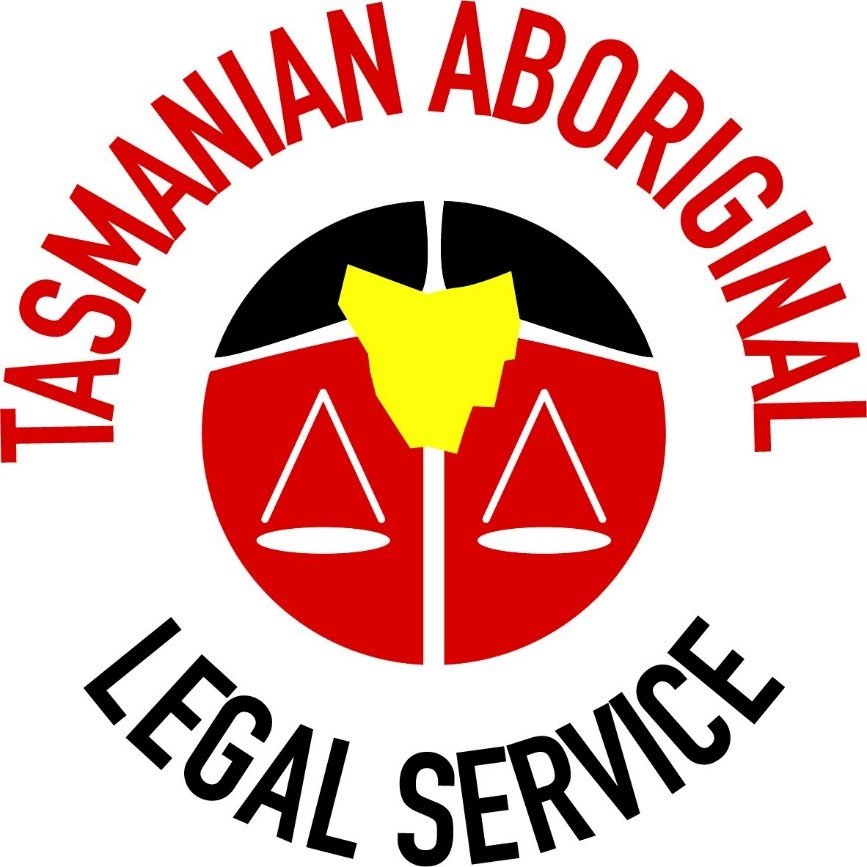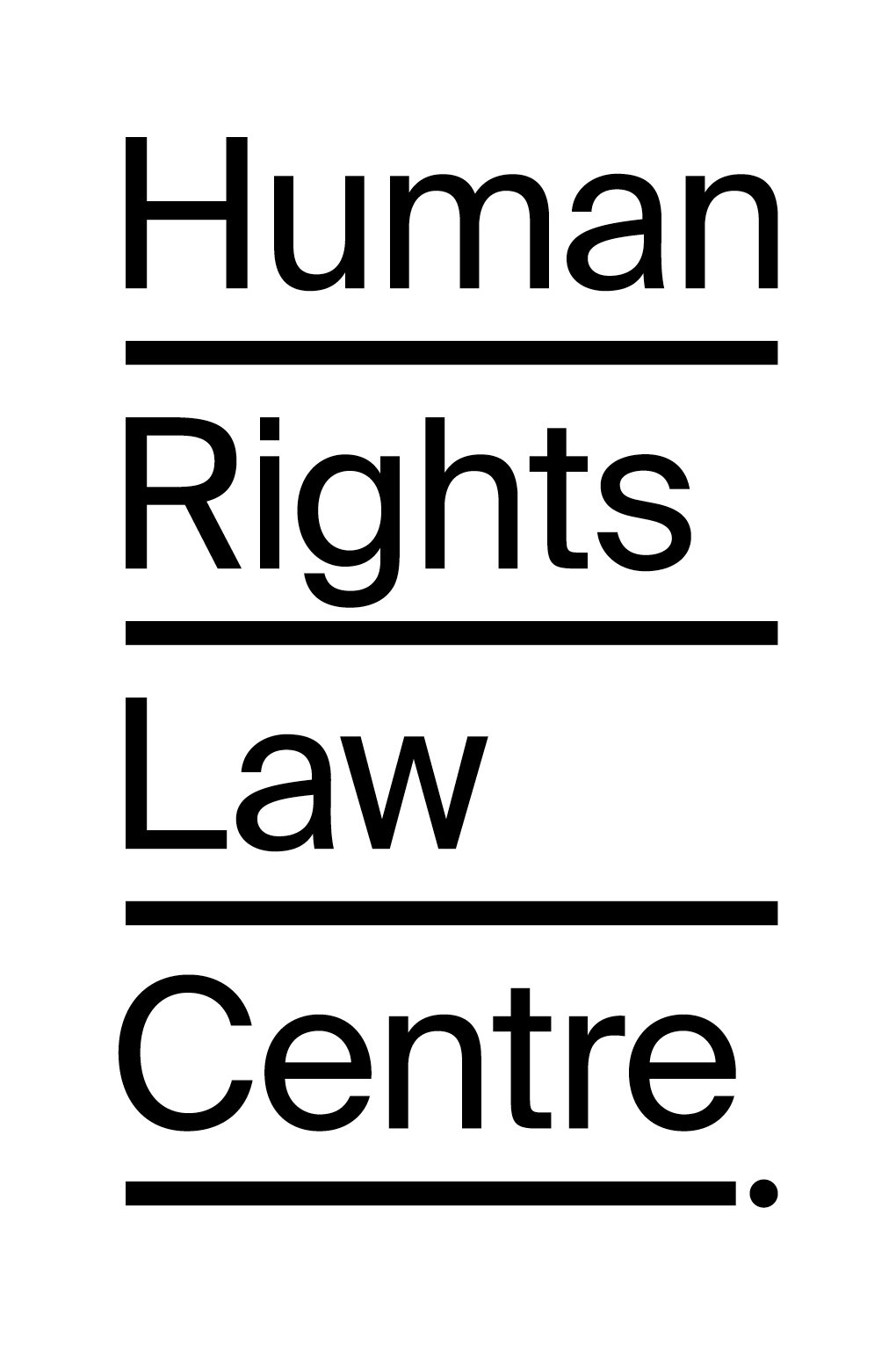Routine strip searching of children in Tasmanian jails to end
Long overdue laws that will end the routine strip searching of children in Tasmanian jails have passed the Tasmanian Parliament.
The Tasmanian Aboriginal Legal Service and Human Rights Law Centre said that while the reform was a positive development, the Rockliff government must go further by reducing the number of children being pipelined into Tasmanian detention centres in the first place. This includes raising the age of criminal responsibility to at least 14 because children do not belong in detention.
Overly broad laws in Tasmania currently permit the practice of routine strip searching, which involves forcing children as young as ten to remove their clothing in front of adult prison guards on a regular basis.
Data obtained by the Human Rights Law Centre prompted calls for reform, showing that 203 strip searches were performed over a 6-month period in 2018, with no contraband found.
The new Review of Youth Justice Amendment (Searches in Custody) Bill 2022 provides that children in detention should only ever be searched when it’s necessary for a designated purpose, and that the manner and type of the search must be proportionate to that purpose.
This law should mean the end of strip searching as a matter of prison routine, and must now be implemented in a way which ensures that no child in Tasmania is ever routinely strip searched again. Working with key stakeholders in the implementation of the Bill will be a very important step in the process.
Hannah Phillips, State Manager, Tasmanian Aboriginal Legal Service:
“Strip searches are degrading for everyone, particularly children. There are other means of checking if someone going into or out of jail or detention is carrying anything that may harm or hurt themselves or others. Strip searching is particularly distressing and damaging for victims of abuse and can compound trauma. A child should not be forced to deal with this, or raise it with someone in a position of authority in an environment like a prison.
“The Tasmanian Aboriginal Legal Service looks forward to working with the Rockliff government to ensure that the laws are implemented in a way that bans the routine strip searching of children in Tasmanian once and for all.
“The next step is for the Tasmanian government to stop children entering detention facilities in the first place. This starts with raising the minimum age of criminal responsibility to at least 14 years old.
“It should not take a child being criminally charged with an offence and being brought to Court for action to be taken in respect of the real issues in that child’s life. Homelessness, poverty, intergenerational disadvantage, trauma and mental and physical health conditions need to be addressed rather than criminalising the behaviour that flows from aspects of a child’s life they have no control over.”
Nick Espie, Legal Director, Human Rights Law Centre:
“Being forced to remove every last item of clothing, again and again, can be a traumatic and intimidating experience that that can have detrimental effect on children and robs them of their dignity. There is no evidence that routine strip searching is effective in identifying contraband, or has a deterrent effect. Abuse thrives behind bars and overly broad laws have permitted the routine strip searching of children in Tasmanian jails for far too long.
“Now Tasmania should lead the way and raise the minimum age of criminal responsibility from ten to at least 14 years old. Children should be in schools and playgrounds, with their families and in their communities, not locked up in jail cells. The Rockliff government has an opportunity to show leadership on this issue. It should raise the age as a matter of priority.”
Media contacts:
Tasmanian Aboriginal Legal Service: Hannah Phillips, State Manager (Acting), 0407 041 663 hphillips@tals.net.au
Human Rights Law Centre: Michelle Bennett, Engagement Director, 0419 100 519


